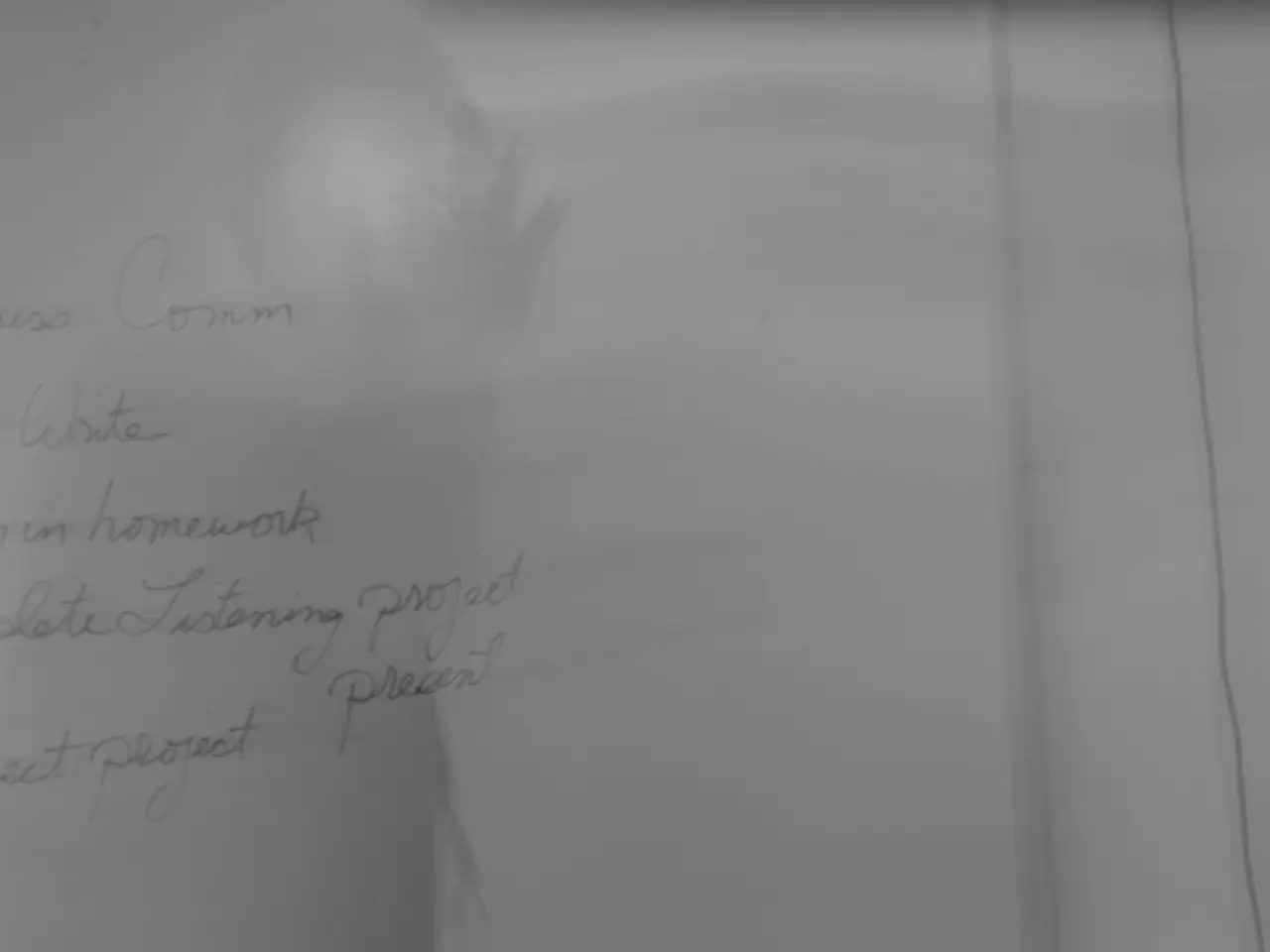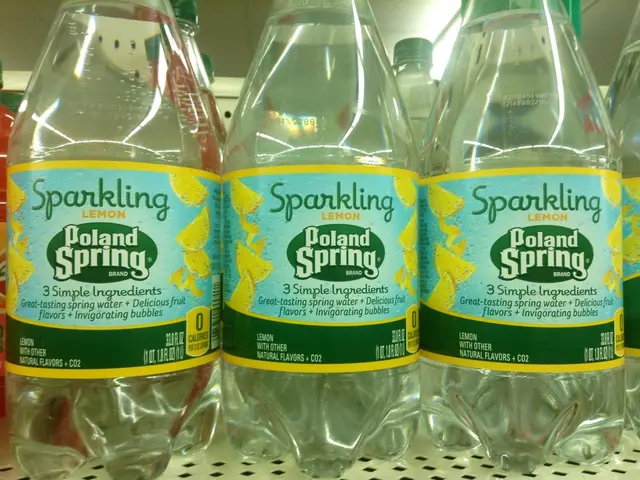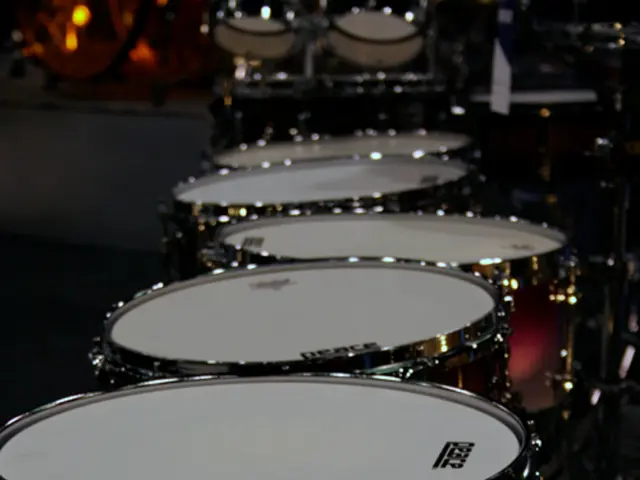Brain's Persistent Hold on Disorderliness (or Chaos)
In the realm of psychology, a key concept from Prospect Theory named Loss Aversion has emerged as a valuable tool in understanding and overcoming emotional barriers to decluttering. Loss Aversion describes the phenomenon where people experience the pain of losing something far more intensely than the pleasure of gaining something equivalent, causing them to irrationally hold on to items out of fear, even when those items no longer add value[1].
Prospect Theory, developed by Daniel Kahneman and Amos Tversky in the late 1970s, explains how people make decisions under uncertainty or risk, focusing on perceived gains and losses rather than actual outcomes[3]. The theory is rooted in maintaining the status quo, with people being risk-averse about gains and risk-seeking about losses relative to the status quo[3].
One of the most striking examples of Loss Aversion is the endowment effect, a psychological bias where we attribute more value to something simply because we own it[4]. This bias is believed to be a key factor in why people struggle to let go of clutter. For instance, in an endowment effect study, sellers consistently valued the mugs higher than the value buyers were willing to pay for them[4].
Understanding Loss Aversion can empower individuals to reframe their mindset about decluttering. Instead of dwelling on what they might lose, they can focus on what they stand to gain—such as increased space, reduced stress, and greater clarity. Approaches include:
- Asking yourself "What am I losing by not decluttering?" to highlight the costs of inaction, such as ongoing clutter and emotional burden[1]. - Embracing small, deliberate losses as necessary feedback rather than failures, which encourages experimentation with letting go[1]. - Setting clear boundaries and focusing on future opportunities rather than past attachments, making the process less about loss and more about improvement[1].
Decluttering experts also emphasize the importance of addressing emotional attachments and recognizing these cognitive biases to align with personal values and goals, thus easing the process and making it more intentional and less emotionally taxing[2].
By consciously recognizing and addressing Loss Aversion, individuals can shift their focus from the fear of losing possessions to the potential gains of a decluttered, more functional space. This understanding can help people part with items more easily and appreciate the benefits of a simpler living space[1][2].
Moreover, how choices are presented or framed can affect decisions. With a scenario framed in terms of potential losses leading to different choices compared to the same scenario framed in terms of potential gains[5]. Encouraging people to focus on small, frequent gains can help them feel less averse to potential losses[6]. Reframing choices to emphasize gains rather than losses can help mitigate the effects of loss aversion.
In conclusion, understanding and applying strategies grounded in Loss Aversion can reduce the emotional pain that inhibits decluttering, helping people to part with items more easily and appreciate the benefits of a simpler living space.
- The fear of losing possessions can hinder a person's efforts to declutter, a phenomenon explained by Prospect Theory's concept of Loss Aversion.
- Focusing on the increased space, reduced stress, and greater clarity that comes from decluttering can help counteract the effects of Loss Aversion.
- People struggling with clutter might find it beneficial to examine their habits through the lens of One of the most striking examples of Loss Aversion is the endowment effect, a psychological bias where we attribute more value to something simply because we own it.
- A blog on health-and-wellness might discuss the science behind decluttering and its positive impact on mental health, showing how Loss Aversion plays a role in our attitudes towards clutter.
- By intentionally reframing choices and focusing on the potential gains of decluttering, individuals can mitigate Loss Aversion and find freedom from the overwhelming burdens of clutter.




